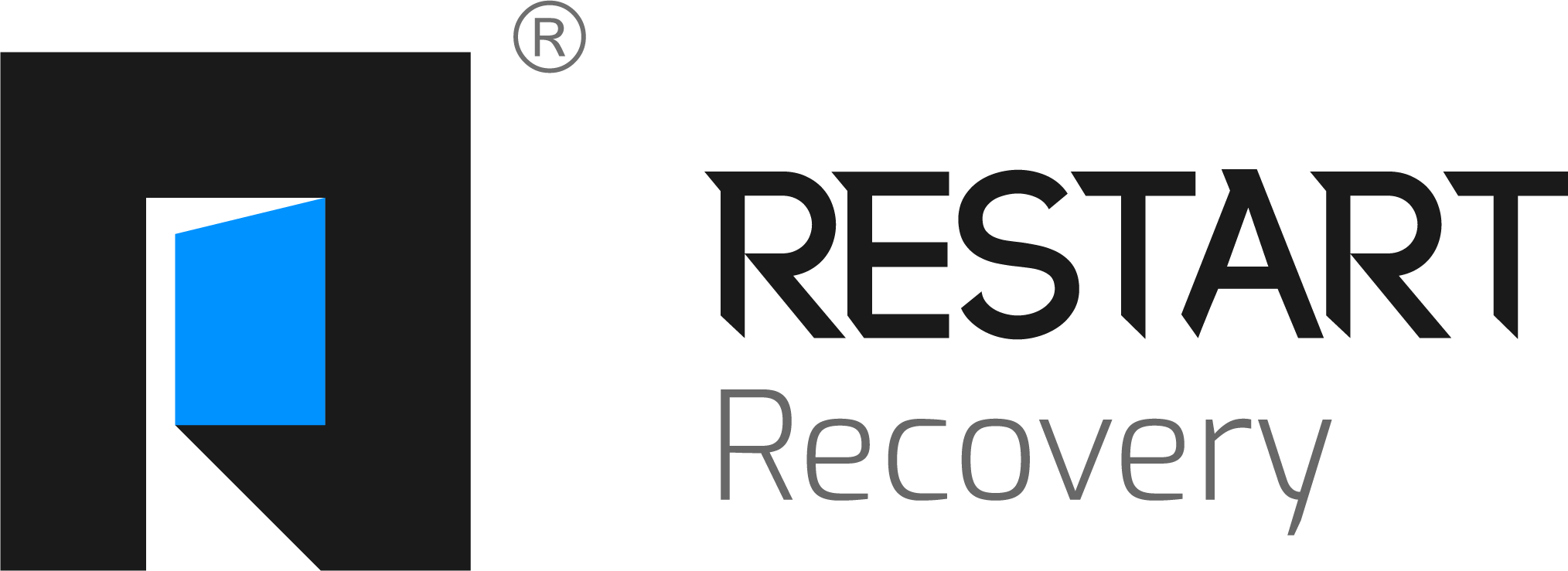
Restart Recovery
Prescription Drug Addiction

Comprehending Prescription Drug Addiction
The rising issue of prescription drug addiction affects individuals across all demographics worldwide. Although medications such as opioids, sedatives, and stimulants are intended to manage legitimate medical conditions, they can become addictive when misused. Dependence often arises from excessive use, recreational consumption, or extended reliance, resulting in both physical and psychological addiction. Identifying the signs of addiction and understanding its consequences are crucial for prevention, timely intervention, and providing necessary support to those impacted.
What is Prescription Drug Addiction?
Prescription drug addiction refers to the compulsive and improper use of prescribed medications, leading to dependence and negative effects on health and behavior.
Who is at Risk?
While anyone can develop an addiction, individuals with a history of substance abuse, mental health disorders, chronic pain, or prolonged medication use are at a higher risk.


Recognizing Prescription Drug overdose
Prescription drug overdose occurs when a person takes more than the prescribed or safe amount of a medication, either intentionally or unintentionally, leading to toxic effects on the body. Common symptoms vary by drug class but often include severe drowsiness or unresponsiveness, slowed or irregular breathing, confusion, slurred speech, bluish discoloration of the lips or fingertips (cyanosis), nausea and vomiting, low blood pressure, abnormal heart rhythms, and loss of consciousness. Opioid overdoses typically cause pinpoint pupils and respiratory depression, while sedatives such as benzodiazepines may lead to profound sedation and impaired coordination. Stimulant overdoses, including prescription amphetamines, can trigger agitation, dangerously high body temperature, chest pain, seizures, and cardiac arrest. Without rapid medical intervention, prescription drug overdose can result in permanent organ damage, coma, or death.


Short- and long-term effects of Prescription drug use
Prescription drug use can produce both short- and long-term effects that vary depending on the medication class, dosage, duration of use, and individual health status. Short-term effects may include drowsiness, dizziness, impaired coordination, nausea, constipation, changes in heart rate or blood pressure, anxiety, or confusion, particularly with opioids, benzodiazepines, stimulants, and certain pain or psychiatric medications. With prolonged or nonmedical use, long-term effects can become more severe and may include physical dependence, tolerance, substance use disorder, cognitive impairment, mood instability, hormonal dysregulation, organ damage such as liver or kidney injury, cardiovascular complications, weakened immune function, and increased risk of overdose. Chronic stimulant misuse may lead to persistent anxiety, paranoia, and cardiac problems, while long-term opioid use is associated with respiratory suppression, endocrine dysfunction, and heightened overdose vulnerability. Over time, prescription drug misuse can significantly impair physical health, emotional stability, occupational functioning, and overall quality of life.

Prescription Drug Addiction Treatment
Medical Detox
Supervised process to safely manage physical withdrawal symptoms and dependency.
Counseling and Therapy
One-on-one or group sessions designed to address emotional and behavioral challenges.
Medication-Assisted Treatment (MAT)
Medications such as methadone or buprenorphine used to alleviate cravings and withdrawal effects.
Inpatient Rehabilitation
Comprehensive, structured treatment in a residential facility.
Outpatient Programs
Flexible care options that allow individuals to continue treatment while living at home.
Support Groups
Peer-led gatherings like Narcotics Anonymous that offer ongoing encouragement.
Relapse Prevention
Training and resources to help maintain long-term recovery and avoid setbacks.
The Risks and Health Impacts of Prescription Drug Dependency
Addiction to prescription drugs affects physical health, mental wellness, relationships, and daily life. It may result in severe medical issues, emotional difficulties, and social challenges.

Psychological Impacts:
Fluctuations in mood
Feelings of anxiety and panic
Symptoms of depression
Increased irritability and aggression
Difficulty with judgment and decision-making
Decline in cognitive function and memory
Paranoia or experiences of hallucinations
Intense cravings and compulsive drug-seeking actions

Physical Consequences:
Tiredness and sleepiness
Damage to organs (such as the liver, kidneys, or heart)
Nausea and vomiting
Breathing difficulties or failure
Muscle weakness or shaking
Disruptions in hormone levels
Increased tolerance, requiring higher amounts
Elevated risk of overdose or fatality




